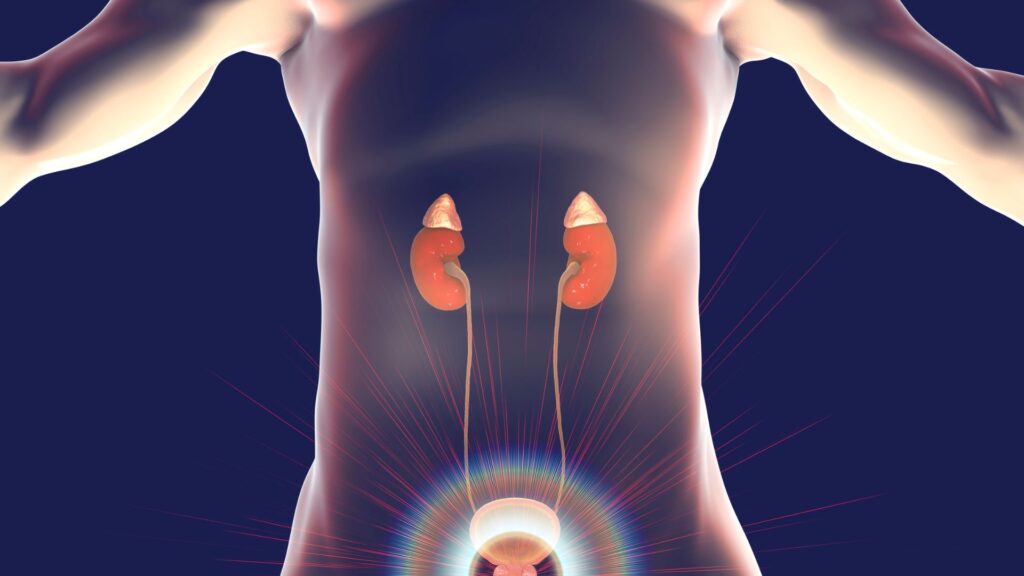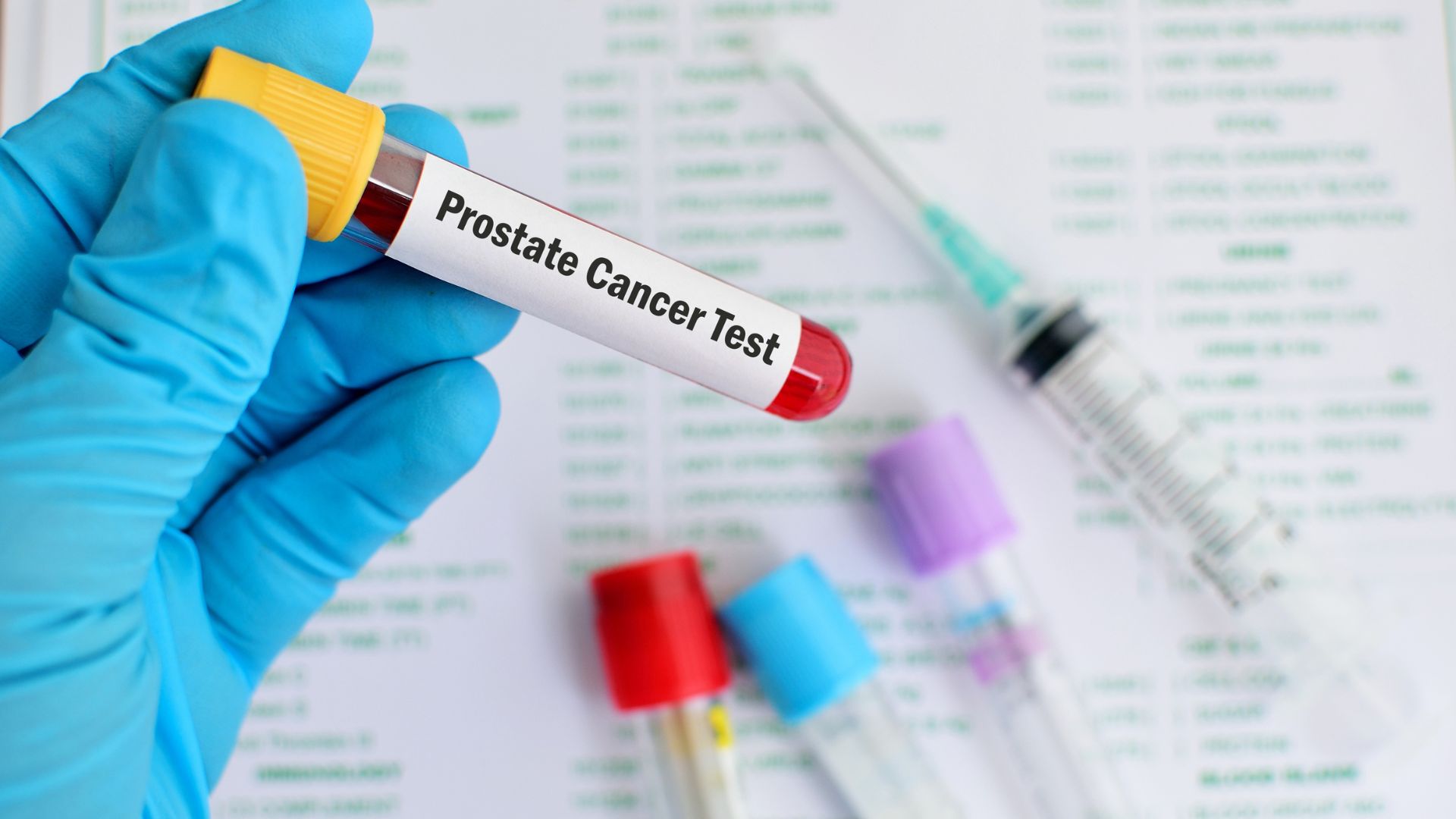A recent Lancet study warns of a significant surge in prostate cancer cases in India by 2040, necessitating proactive measures for early detection and intervention. The report predicts a doubling of annual prostate cancer cases from 33,000 to 42,000 to an alarming 71,000 cases per year by 2040.
Prostate cancer, comprising 3% of all cancers in India, poses a growing health challenge, with a national incidence increase of approximately 30% and up to 75-80% in urban populations over the past 25 years. Limited awareness and inadequate systematic Prostate-Specific Antigen (PSA) testing contributes to delayed diagnoses, often resulting in advanced metastatic disease at presentation.
Emphasizing the significance of early testing, particularly in men over 60, the study underscores common symptoms such as increased urination frequency, difficulty initiating urination, and blood in urine or semen.
Lead author Prof. Nick James stresses the urgency of proactive planning and action to address the impending surge. With ageing populations and improving life expectancy contributing to higher numbers of older men, the study advocates for a unified national cancer patient database to enhance disease burden understanding and management strategies.
Presented at the European Association of Urology’s annual congress, the findings highlight the imperative of addressing prostate cancer as a growing public health concern in India and globally.
Furthermore, the Lancet Commission on Prostate Cancer projects a worldwide increase in prostate cancer cases, with low- and middle-income countries bearing the brunt. Despite lifestyle changes, ageing populations, and increasing life expectancy, interventions such as early detection, diagnosis, education, and awareness programs are crucial to mitigating the disease’s impact.

Understanding the Lancet Study:
The Lancet study projects a substantial increase in prostate cancer cases in India by 2040. It estimates a doubling of annual cases from 33,000 to 42,000 to a staggering 71,000 cases per year. This rise is attributed to factors such as ageing populations, increasing life expectancy, and limited awareness leading to delayed diagnoses.
Challenges and Implications:
Prostate cancer accounts for 3% of all cancers in India, with a notable increase in incidence over the past 25 years, particularly in urban populations. The challenge lies in the delayed diagnosis due to inadequate systematic screening, resulting in advanced metastatic disease at presentation. This poses significant implications for patient outcomes and healthcare resources.
Symptoms and Risk Factors:
Understanding the symptoms and risk factors of prostate cancer is crucial for early detection. Symptoms include increased urination frequency, difficulty initiating urination, and blood in urine or semen. Risk factors such as age, family history, and ethnicity underscore the importance of targeted screening efforts, especially among high-risk populations.
Need for Early Detection and Intervention:
Early detection is paramount in improving prostate cancer outcomes. The Lancet study emphasizes the importance of proactive planning and action to address the impending surge in cases. Initiatives such as widespread PSA testing, targeted screening programs, and enhanced public awareness campaigns are essential to facilitate early detection and intervention.
Role of Healthcare Systems:
Healthcare systems play a pivotal role in addressing the rising burden of prostate cancer. Establishing a unified national cancer patient database can enhance disease surveillance and inform tailored management strategies. Moreover, ensuring access to quality diagnostic and treatment services is critical for optimizing patient outcomes.
Global Perspective and Collaborative Efforts:
The Lancet study underscores prostate cancer as a global health challenge, with low- and middle-income countries expected to bear the brunt of the surge in cases. Collaborative efforts involving healthcare professionals, policymakers, and international organizations are essential to develop evidence-based interventions and allocate resources effectively.
Education and Awareness:
Education and awareness initiatives are vital in empowering individuals to recognize symptoms, understand risk factors, and seek timely medical attention. Public health campaigns aimed at promoting prostate cancer awareness and destigmatizing screening can encourage proactive healthcare-seeking behaviours.
The Lancet study’s projections underscore the urgent need for concerted efforts to address the rising burden of prostate cancer in India. Early detection, intervention, and collaborative approaches are essential to mitigate the impact of this escalating health threat. By prioritizing proactive measures and fostering collaboration across stakeholders, we can work towards reducing the incidence and improving outcomes for individuals affected by prostate cancer. The commission calls for evidence-based interventions and the development of molecular-targeted therapies to combat prostate cancer effectively. With the projected rise in cases, advancements in genomic knowledge offer promising avenues for personalized treatment approaches tailored to individual genetic profiles.

















